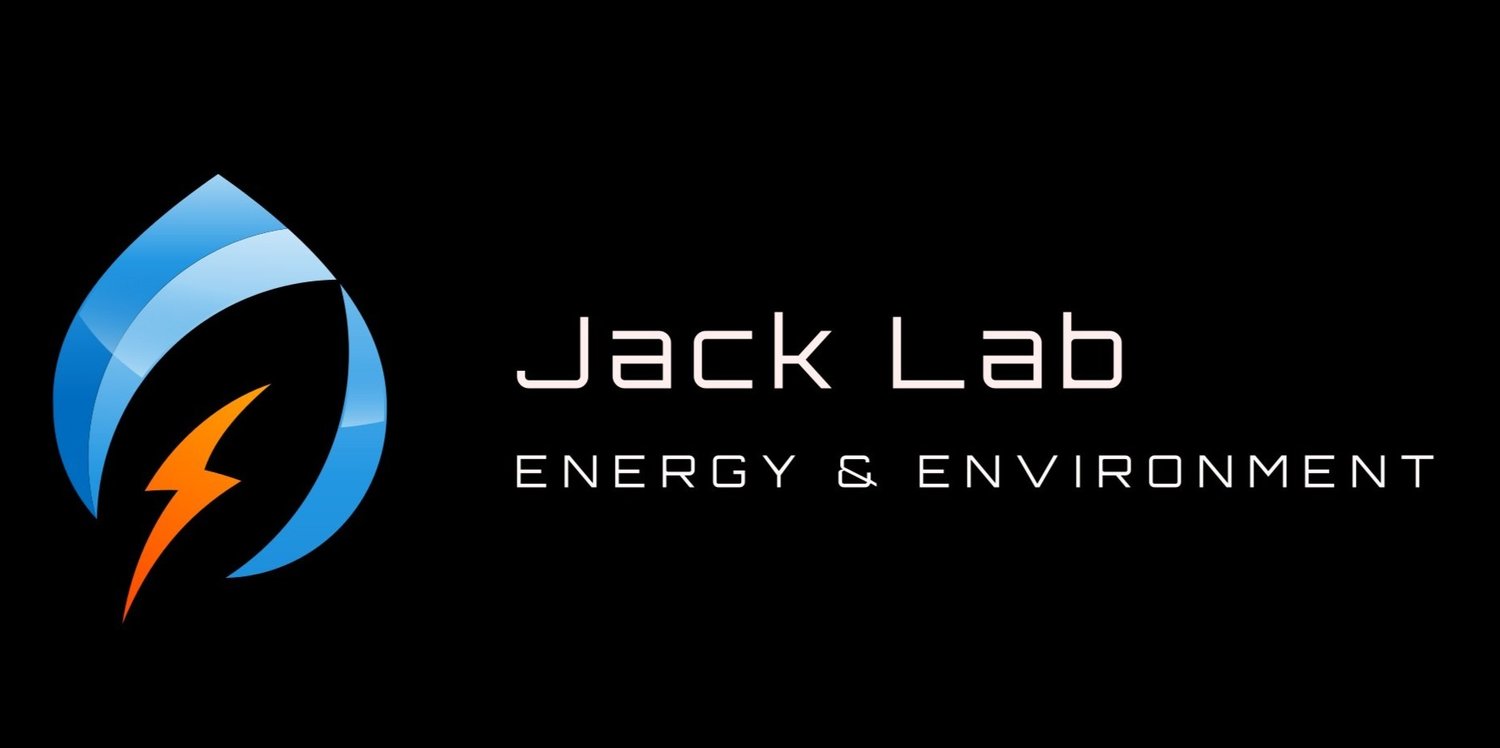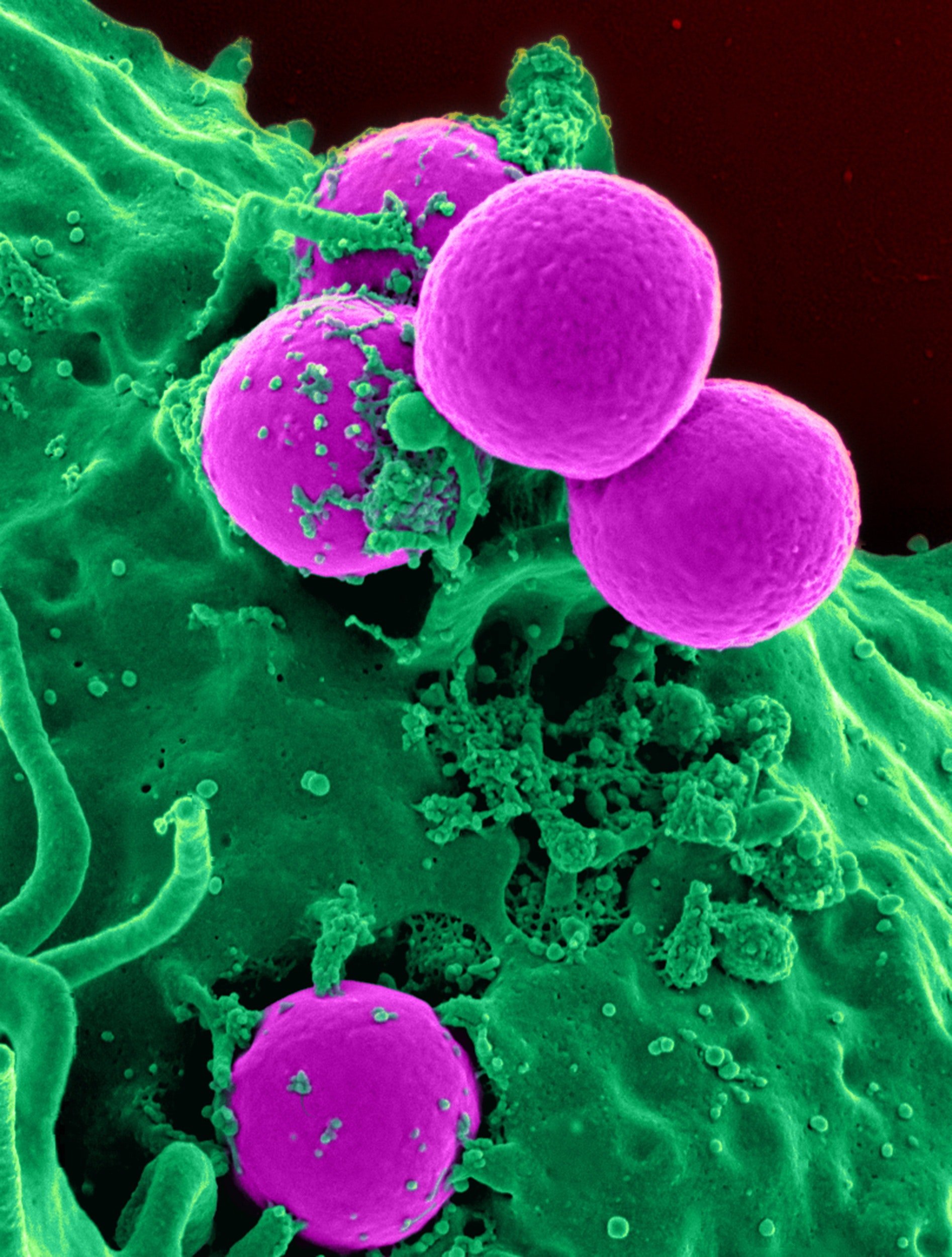Research focus areas
Electrified carbon conversion and valorization
Supporting goals towards a net-zero economy we seek to electrify the water, energy, and chemical sectors by developing novel pollution mitigation and carbon storage, utilization, and valorization technologies.
Specifically, we seek to achieve sustainable resource recovery via the integration of new thermal, electrochemical, and bioelectrochemical processes with mature technologies.
Hybrid electrochemical-biological technologies
Hybrid electrochemical-biological technologies (HEBs) leverage unbounded benefits from respective electrochemical and biological unit processes. We seek to discover untapped synergies between these domains by developing new hybrid technologies that can simultaneously treat waste streams, synthesize valuable fuels and chemicals, and capture/recover waste CO2.
Presently, we focus on designing electrodes and interfacial processes to efficiently transfer electrons with living cells within technologies such as microbial electrosynthesis (MES), microbial electrolysis cells (MECs), and electro-fermentation (EF).
Atomistic catalyst design for electrochemical applications
Designing new stable and efficient catalysts is crucial for engineering innovative energy and resource recovery pathways. We examine fundamental kinetic and thermodynamic processes at electrified interfaces to convert abundant waste molecules like CO2 into value-added products. This work involves novel electro-catalyst, electrode, and flow cell design paired with electro-analytical techniques, molecular modeling, and in situ and operando spectroscopy to synthesize sustainable fuels and chemicals, recover diverse nutrients, and treat waste streams.
Sustainable system design and environmental data analytics
Infrastructure digitalization is becoming increasingly important to effectively merge new sustainable energy and resource recovery technologies with existing water and energy utilities. We conduct detailed techno-economic analyses (TEA) and life-cycle assessments (LCA) to weigh the costs and benefits of our designs towards specific environmental and chemical applications. In addition, we develop advanced sensors, machine learning, and automation tools to help improve environmental resource management and quantify emissions in our urban water cycle.




